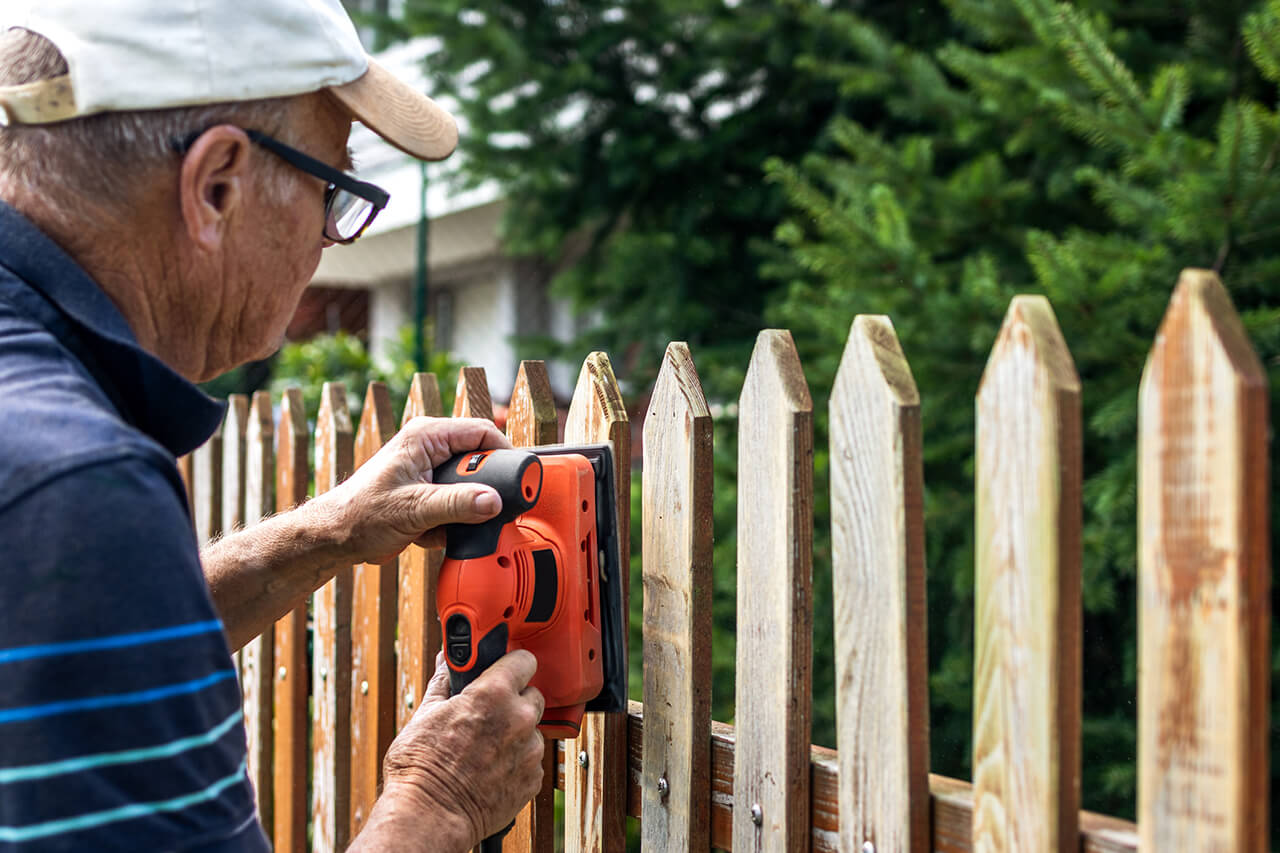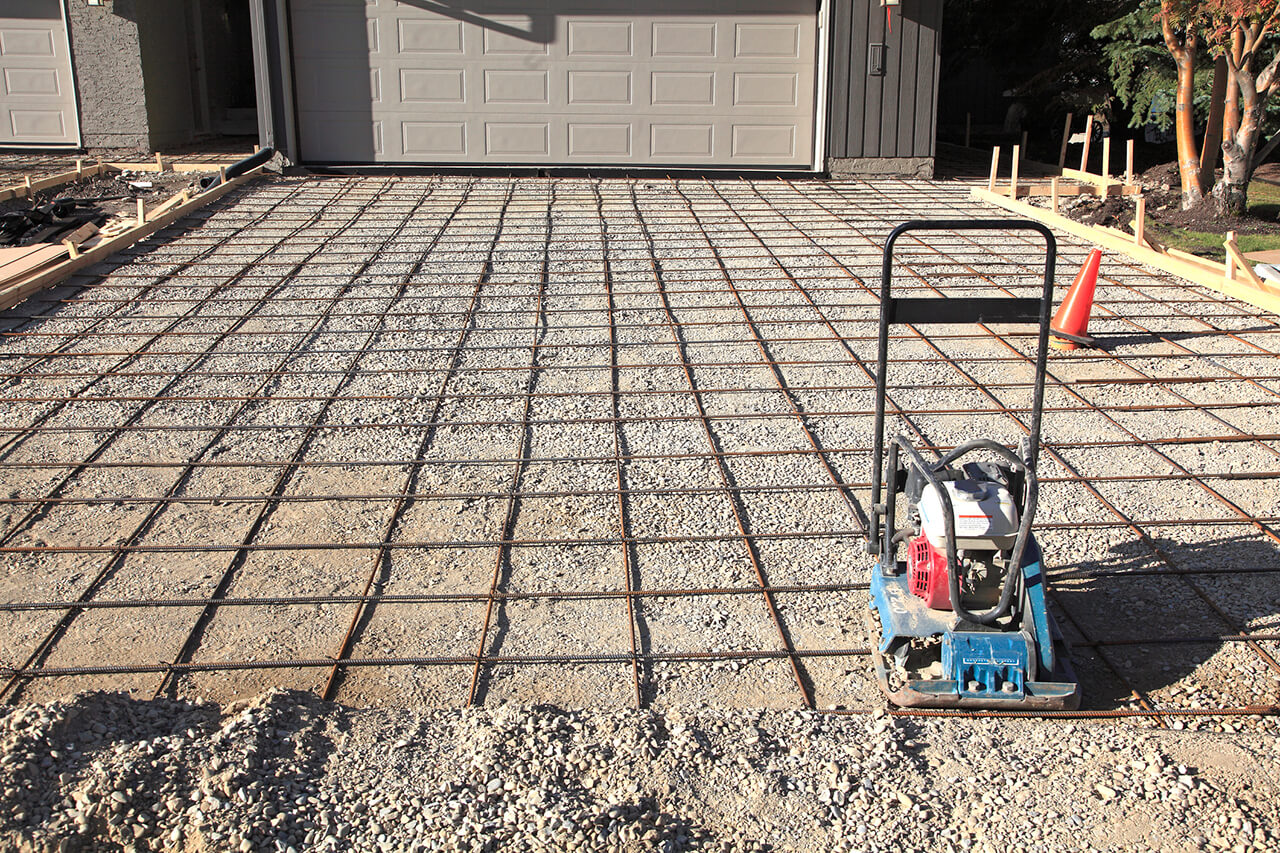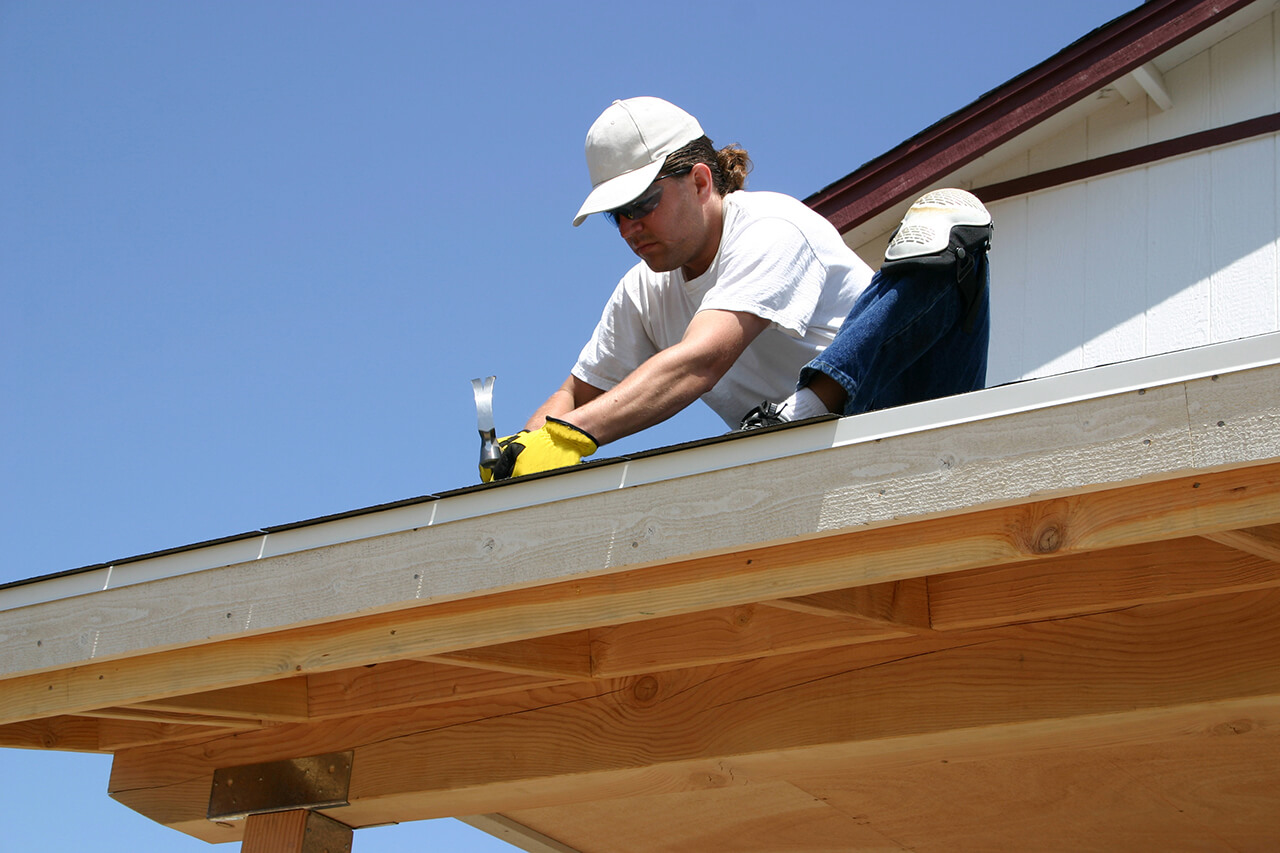How Much Does Wall Oven Installation Cost in 2025?
Installing a wall oven costs an average of $2,000


The average cost to install an oven is $2,000, with prices ranging from $800 to $3,200.
At the low end, wall oven installation costs $600 and can reach as high as $15,000.
Factors influencing installation cost include oven type, energy source, and labor.
Professional installation ensures safety compliance, especially when handling wiring or gas lines.
This article was updated using automation technology and thoroughly reviewed for accuracy by HomeAdvisor Editor Ryan Noonan.
Installing an oven costs an average of $2,000, with most homeowners spending between $800 and $3,200 for the unit and installation. The type of oven, energy source, labor costs, and mounting type affect the total cost. Budgeting for this project is crucial, and hiring a professional ensures a safe and proper installation.
Wall Oven Installation Cost Factors
Several key factors impact the total cost of installing your wall oven. Here’s a breakdown of the main cost drivers.
Labor
Labor for installing a wall oven costs an average of $90 per hour. Installation costs vary based on the location of your kitchen. It's cheaper to install an oven on the ground floor than to carry it up or down stairs. The cost of oven installation includes everything from removing and disposing of your old appliance to adding or upgrading outlets and utility lines, and installing vent hoods if necessary.
Additional Labor
If you don't have a 240-volt outlet where your oven will go, you'll need to hire an electrician to install one, which costs between $50 and $130 per hour.
Additional charges may apply for parts like gas or electrical connectors or ventilation ductwork. Adding gas lines costs approximately $20 per linear foot, depending on the total length required.
Oven Type
Your oven installation costs will vary based on the type of oven you choose. Here’s a look at costs for various types of ovens.
| Oven Type | Average Cost Range |
|---|---|
| Gas | $600–$1,500 |
| Electric | $600–$3,500 |
| Convection | $820–$3,300 |
| Steam | $2,000–$4,000 |
| Pizza | $1,400–$5,000 |
Convection Oven
Convection ovens cost between $820 and $3,300 and have a built-in fan and exhaust system. Hot air circulates throughout the interior, distributing heat evenly and cooking food faster. The fan prevents humidity from building up, and that produces better browning on roasted meats and baked goods. By cooking food more quickly and at a lower temperature, it stays moist. They are more energy efficient than standard ovens.
Pizza Oven
Pizza ovens cost between $1,400 and $5,000. These ovens reach high temperatures quickly and can be used indoors or outdoors.
Wall Oven Installation Cost by Power Source
Choosing the right oven involves several factors. Electric stoves are almost always less expensive to buy than their gas counterparts. A lower purchase price is often a sign of higher operating costs because electricity is more expensive than natural gas. While a regular electric model usually costs between $600 and $3,500, a gas oven can be anywhere from $600 to $1,500.
Here are some common pros and cons of each oven type to help you decide which is best for your kitchen.
Electric Oven Pros and Cons
If you're considering an electric oven, here are some pros and cons to help you decide:
Pros:
Easy-to-clean surfaces
No additional setup costs
Can be plugged into any outlet
Even distribution of heat
Easy to use
Cons:
Newer models are more expensive
Cooks food slower than a gas model
Won't work during a power outage
Gas Oven Pros and Cons
If you're thinking about a gas oven, consider these pros and cons:
Pros:
Cooks food more quickly than an electric model
Easy to adjust the temperature
Easy to tell when it's on
Will work during a power outage
Cheaper initial cost
Cons:
Can release gas if not properly used and maintained
Requires a gas line
Not as technologically advanced; fewer additional features
Oven Installation Costs by Mounting Type
Installation costs vary depending on the type of mounting. In addition to wall ovens, there are various types of oven mounts to consider.
Freestanding
Freestanding ovens are the most common type found in kitchens. They're unattached to walls and cabinetry, so you can place them anywhere in your kitchen as long as the correct outlets and hookups are available. Freestanding ovens are the easiest to replace—you just need to find another model that matches the width of your previous oven.
Wall
Wall ovens cost between $600 for a basic single unit and up to $5,000 for a feature-packed model. They offer more flexibility in kitchen layouts since they don't require as much floor space or precise counter measurements as freestanding and slide-in stoves. Most wall ovens are electric because it's easier for contractors to install a 240-volt outlet than to run gas lines through the wall.
Slide-In
Slide-in ovens are made to fit between kitchen cabinets. Because they’re customized to fit a kitchen space, they cost more than freestanding ovens. Electric models are the lowest-cost option, while gas models are the highest-cost option. Slide-in models can be installed in islands or peninsulas to create flexibility in kitchen design.
Drop-In
Drop-in ovens are on the more expensive end of stovetop ranges. These ovens fit into customized cabinetry and are usually installed on kitchen islands. Popular during the 1940s and 1950s, drop-in ovens use a prepared base that features a cabinet front panel at the bottom. Because they require special ordering, there are limited brands that offer them.
DIY vs. Hiring an Appliance Installation Pro
You might be tempted to install your new oven yourself to save money. However, unless you have the necessary experience, it's best to hire a professional appliance installer. Installing an oven can involve electrical work or gas line adjustments, which require a licensed electrician or gas technician. Plus, doing it yourself might void your warranty. Hiring a pro ensures a safe and proper installation.
If this task is part of a remodeling project where the unit is being relocated, or it involves replacing an electric oven with a gas one, let a professional gas technician install the lines. When you hire appliance professionals, they are responsible for making sure that the connections are safe and that they meet the standards required by building and other codes.
How HomeAdvisor Gets Its Cost Data
No place is more important than your home, which is why HomeAdvisor connects homeowners with local pros to transform their houses into homes they love. To help homeowners prepare for their next project, HomeAdvisor provides readers with accurate cost data and follows strict editorial guidelines. After a project is complete, we survey real customers about the costs to develop the pricing data you see, so you can make the best decisions for you and your home. We pair this data with research from reputable sources, including the U.S. Bureau of Labor Statistics, academic journals, market studies, and interviews with industry experts—all to ensure our prices reflect real-world projects.
Frequently Asked Questions
Built-in ovens install directly into your kitchen wall, creating a sleek design that maximizes your available space. They blend seamlessly with your cabinetry, eliminating bulky freestanding units. By installing a built-in oven, you save floor space and create a modern, efficient layout. This integration not only enhances your kitchen's visual appeal but also improves its overall functionality.
Oven measurements are determined by its width, height, and depth in inches. This process ensures that the appliance fits perfectly into its designated space. Accurately measuring your oven is essential to confirm that the installation area and pathways, such as doorways and hallways, can accommodate its size. Using precise dimensions guarantees a secure and effective installation that aligns with your kitchen’s design and functionality requirements.
You'll need additional construction work if your new built-in oven is a different size or type from your existing unit. Changing dimensions or style means you'll have to modify your cabinetry and countertop layout, and you might need to install new electrical outlets or gas lines. These changes ensure a secure fit and safe operation, preserving both your appliance's integrity and your kitchen design. By making these updates, you guarantee that your new oven integrates seamlessly with your space while meeting all installation and safety standards.








